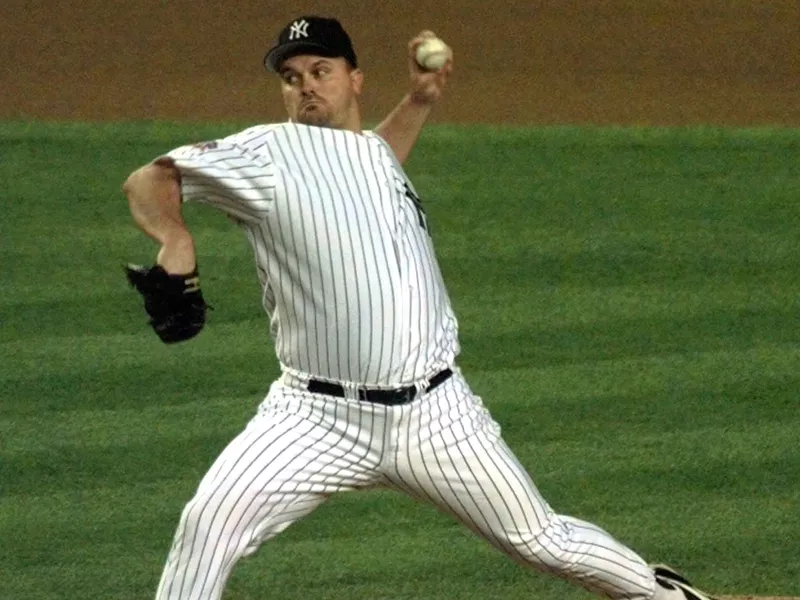Know that incessant “o-ver-ra-ted!” chant at ballparks? It’s so overdone that it has become (get ready for it) overrated! Besides, isn’t anyone underrated anymore? Where’s the love for them? Well, kids, you’ve come to the right place.
Here are the 30 most unsung, under-the-radar, underrated pitchers in Major League Baseball history. No one-year wonders or self-promoters here. These guys had solid career resumes and often came up big in big games, yet they seldom, if ever, received widespread acclaim. A few even deserved a Cy Young Award or should be in the Hall of Fame.
OK, let’s hear it now. Un-der-ra-ted!
30. David Wells

Ron Frehm / AP Photo
Career: 21 seasons (1987-2007)
Teams: Toronto Blue Jays (1987-92, 1999-2000), Detroit Tigers (1993-95), Cincinnati Reds (1995), Baltimore Orioles (1996), New York Yankees (1997-98, 2002-03), Chicago White Sox (2001), San Diego Padres (2004, 2006-07), Boston Red Sox (2005-06), Los Angeles Dodgers (2007)
Career statistics: 239-157 record/4.13 earned run average/13 saves